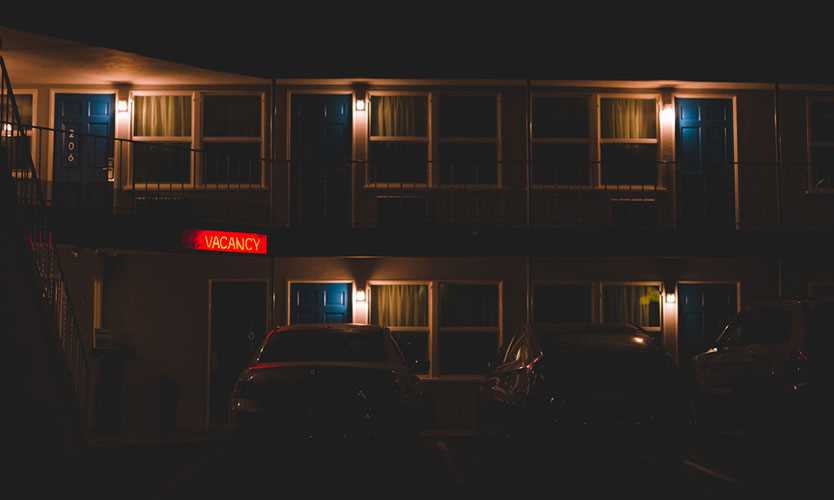Berkley unit not obligated to defend in fracking case
Reprints
A W.R. Berkley unit is not obligated to pay defense and indemnity costs in connection with an explosion caused by a flicked cigarette lighter at a fracking site under its commercial auto coverage, says a federal appeals court, in partially reversing a lower court ruling.
Grand Junction Colorado-based RW Trucking LLC had been issued a commercial general liability policy by Burlington, North Carolina-based Burlington Insurance Co., a unit of IFG Cos., and a commercial automobile policy by Berkley unit Carolina Casualty Insurance Co., according to Thursday’s ruling by the 10th U.S. Circuit Court of Appeals in Denver in Carolina Casualty Insurance Co. v. Burlington Insurance Co.
RW Trucking pumps fracking water from frac tanks at oil-well sites and hauls it away for disposal, said the ruling.
In March 2014, RW trucking driver Jason Metz used a pump attached to his work truck that was powered by his truck’s engine to pump fracking water from a frac trunk into his truck’s trailer. In the course of doing so or shortly after, he flicked his lighter to light a cigarette resulting in a flash fire that injured another well-site worker, Jason Metz.
Ensuing litigation led to an $850,000 settlement, with Burlington paying $415,000, Berkley paying $375,000 and the well-site operator paying $60,000.
Carolina and Burlington then filed litigation against one another in the case in U.S. District Court in Cheyenne, Wyoming, as to which insurer was responsible in the case.
After an initial ruling was revised, this resulted in the district court holding Berkeley had a duty to defend in the case that it had breached, but owed no duty to indemnify based on a policy exclusion.
A three-judge appeals court panel partially reversed the lower court ruling. Berkley did not have a duty to defend its insureds for the accident, said the ruling.
“Garza’s personal-injury claims against RW Trucking and Metz as alleged in his complaints do not rationally fall within Carolina’s policy coverage,” it said.
To cover Mr. Garza’s injuries, the well-site fire must have been “‘the natural and reasonable incident or consequence’ of Metz’s use of an auto…Garza’s original complaint does not reference an auto, let alone the use of one, so its claims could not potentially have fallen under Carolina’s policy,” it said, in reversing the lower court on this issue.
The court held also that Carolina does not have a duty to indemnify its insureds for the accident. The “duty to indemnify applies only when an insured is responsible to cover its insureds’ liability…So, because Carolina did not have duty to defend RW Trucking and Metz, it cannot owe them a duty to indemnify,” said the panel, in affirming the court on this issue.
The panel also held Burlington has a duty to indemnify its insureds for the accident. “Burlington’s auto exclusion does not apply…In this circumstance, Burlington owed a duty to indemnify RW Trucking and Metz,” said the ruling, in affirming the lower court.
In addition, the panel reversed the district court and held Berkley was entitled to be reimbursed for the $375,000 it contributed to settle Mr. Garza’s suit.
Scott W. McMickle, an attorney with McMickle, Kurey & Branch LLP in Alpharetta, Georgia, who represented Berkley, said the more meaningful part of the ruling “was the appeals court’s common sense approach and reasoning with respect to the volunteer argument, which allows insurance companies to do the right thing and settle the underlying claim, while reserving rights against each other for later reimbursement.”
Burlington’s attorney did not respond to a request for comment.
In another fracking-related case, last year the U.S. Occupational Safety and Health Administration issued an Arkansas company a one-item serious citation alleging a violation of the Occupational Safety and Health Act’s general duty clause, claiming that the company exposed its employees to an explosion hazard by allowing them to use a propane torch to thaw frozen valves on vacuum truck trailers used in fracking operations.
Read Next
-

Berkley unit not liable for sex trafficking involving minor at motel
A W.R. Berkley Corp. unit is not obligated to defend or indemnify a motel management company charged with negligence for failing to protect a minor who was forced into prostitution on its property, based on an “assault and battery” exclusion in its policy, says a federal appeals court, in affirming a lower court ruling.